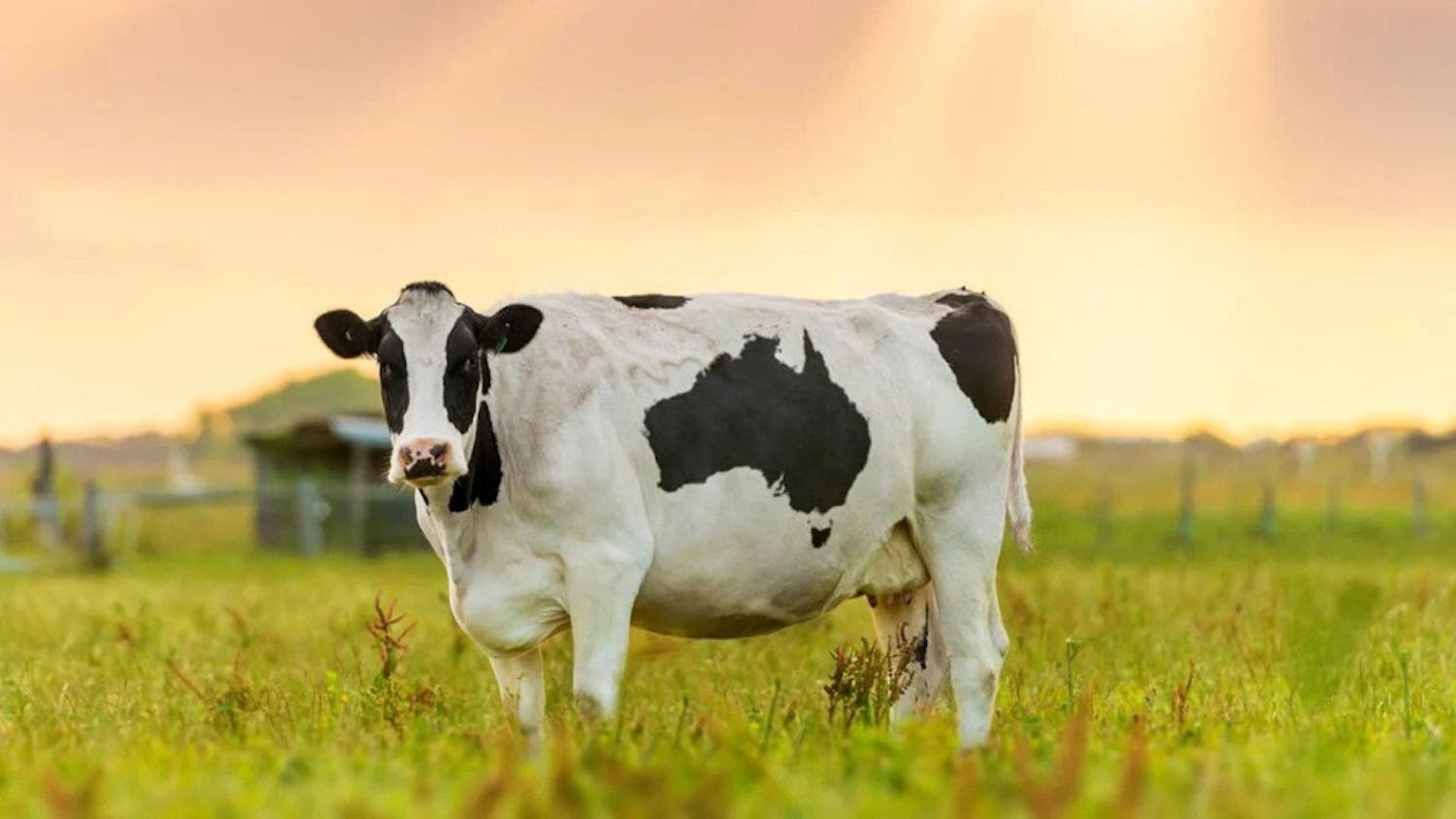We have all logged on to our social media accounts to find that the only thing that has happened since our last visit is the creation and spread of another social change campaign. What was at one moment a hash-tag about the presidential race of 2016, quickly became a hash-tag about police brutality against minorities and childhood hunger. The simple fact, is that many believe that social media is the best way to spread news about some up-and- coming campaign for justice and equality. For those that believe social media’s influence on campaigns is helping rather than hindering—you would be correct.
The effects of social media have gone far beyond the home, invading classrooms, workspaces, and communities across the world. What was once a simple pound sign on a telephone has become a global sensation in social campaigns, helping to bring light to the unjust and sparking conversations on inequality. The real purpose of most social campaigns boils down to four goals: first and foremost, these campaigns want to bring awareness to the forefront of communities around the world. It is not breaking news for a family out of Farmville, Virginia to hear about the unjust mutilation of girls associated with cultural tradition- but one can be absolutely sure that once it hits Facebook or Twitter, it becomes global news instantaneously. The second goal of campaigns is to protect those being treated unfairly. Counteracting the violence and protecting the involved communities is of utmost important and these campaigns can do that with the proper support. The third effect social media has is bringing global attention to something that most people around the world would not hear about. And lastly, campaigns and their leaders want to gain support—financially, emotionally, and thoughtfully. Though it may be annoying to see your social media taken over by another campaign for justice or equality, know that sharing those posts and making the pledge makes all the difference—even if it saves just one life.
While saving one person is important, we often find that social media campaigns can also be ruined, beginning a downward spiral into what seems to be a dark and dismal abyss, only remembered when we finally go through our social media and delete videos and pictures and tweets we once thought necessary to post. For instance, the #dontjudgechallenge was supposed to raise awareness on bullying and the unimportance of outward appearances, but because one person posted a video that was most obviously transparent and opposite to the main idea of the campaign, a long line of videos in which socially declared “beautiful people” flaunted their looks followed, and subsequently, we all had to suffer and the campaign did not raise the awareness it was created to inspire.
Before we decide to formulate an opinion and take the pledge against childhood hunger and minority rights, we must become informed citizens and more importantly, informed members of a generation whose main form of communication is social media. So before you decide whether you are going to re-tweet that hash-tag or like that post on Facebook, we must first identify the positive change it can cause, and realize that we owe our fellow human beings the same respect and decency that follows the positive change encouraged through a social media campaign. We all have the ability to make a conscious change and social media can and will help us do that if we only use it in positive ways, inspiring change and encouraging hope, equality, and justice for all.











